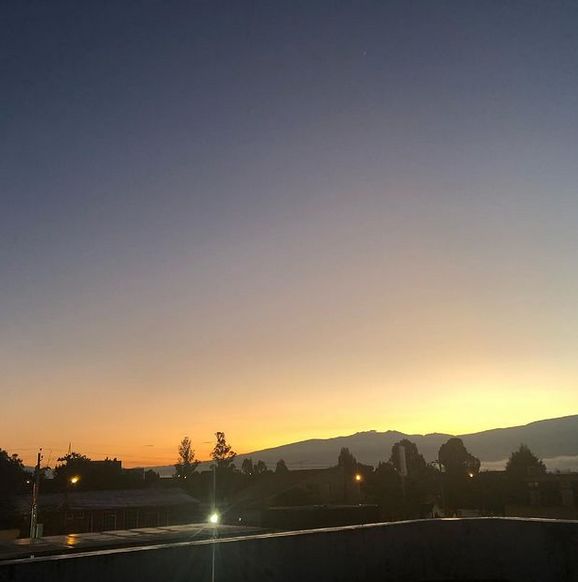
The intersection of culture and education
I have recently been thinking about a number of topics, as I was preparing to be interviewed by the academic career committee.
One aspect is how culture influences education. In practical terms, I observe that teaching is different in Ecuador and the Netherlands. These differences come from the fact that both universities work very differently: one is a small liberal arts college, the other a large public research university. But, the national culture is also quite important.
And because education and learning are essentially inter-human experiences, I have been thinking and observing how national cultures shape education in various countries. Which part of Dutch culture shapes the “Delft engineer”, and which part of Ecuador culture shapes the “dragon”?
Then, I have also been thinking about how international students bring different backgrounds and cultures, as well as different expectations with them when they study abroad. I think this diversity of expectations and backgrounds, as well as the intersectionality with other aspects of the learning journey, merit a bit more thought.
So, for now, I am just thinking about these topics.
In particular, I am asking myself: What can I do to learn more about the different backgrounds and expectations of my international students? How am I, as a foreigner, a different type of teacher because of my own background? Which aspects of my identity and background clash with the expectations of my students, formed by their backgrounds and expectations?
What do you think, how do cultures shape education, and the relationship between the student and teacher?




[…] can improve their teaching strategies, making learning more effective and engaging for students. The intersection of education and neuroscience—often referred to as neuroeducation—presents exciting opportunities for […]